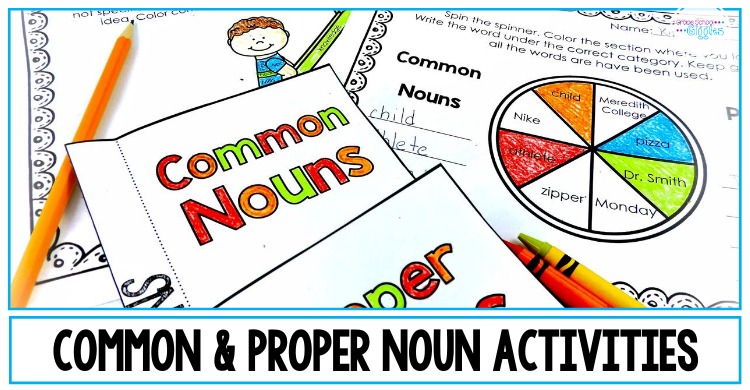The 9-Minute Rule for Everyday examples of nouns and pronouns - Oxford


Nouns (examples, songs, videos, worksheets, games, activities)

All About Nouns
The Buzz on Everyday examples of nouns and pronouns - Oxford
More about the Various Kinds Of Noun Here is a list of the different types of noun with examples. Each entry includes a minimum of one bottom line for authors connected to the type of noun. Abstract Nouns Abstract nouns are things you can not see or touch. For instance: bravery happiness determination An Interesting Point about Abstract Nouns Numerous creative writers (especially poets), think about abstract nouns "the opponent." Despite the fact that abstract nouns cover many of the subjects that poets like to deal with (e.
g., I remained in love; she felt solitude) informs their readers little. For innovative authors, the challenge is frequently to capture these abstract sensations utilizing concrete nouns. Read more about abstract nouns. Concrete Nouns Concrete nouns are things you can see or touch. For instance: A Fascinating Point about Concrete Nouns Creative writers like to catch abstract ideas using concrete nouns.
Cumulative Nouns Collective nouns are words that denote groups. For instance: Substance Nouns Compound nouns are nouns made up of more than one word. For instance: court-martial pickpocket water bottle Two Secret Points about Compound Nouns. (1) Some compound nouns are 2 words (e. g., "peace pipeline"), some are hyphenated (e.
g., "eyeopener"). And, much of them are currently transitioning through those phases. Therefore, spelling substance nouns can be a problem. (2) Some compound nouns form their plural by including an "s" to the primary word, not necessarily to the end (e. g., "brothers-in-law"). Find out more about compound nouns. Countable and Non-countable Nouns A countable noun is a noun with both a particular and a plural kind (e.
6 Simple Techniques For Verb Agreement with Collective Singular Nouns - Touro College
A non-countable noun is a noun without a plural type (e. g., "oxygen, persistence"). For example: These are countable: mountain (singular)/ mountains (plural) battle/ battles kiss/ kisses With no plural forms, these are non-countable: food (constantly particular) music (always singular) water (constantly particular) Key Points about Countable and Non-countable Nouns (1) Utilize "fewer" with plural nouns.

( 2) Utilize "variety of" with plural nouns. Usage "amount of" with particular nouns. Usage "quantity of" with either, especially if your principle is measurable and you wish to mention accuracy in counting. It can get quite technical, particularly with point 2. Read more about countable and non-countable nouns. Read This -specific Nouns Gender-specific nouns are nouns that are absolutely male or female.
